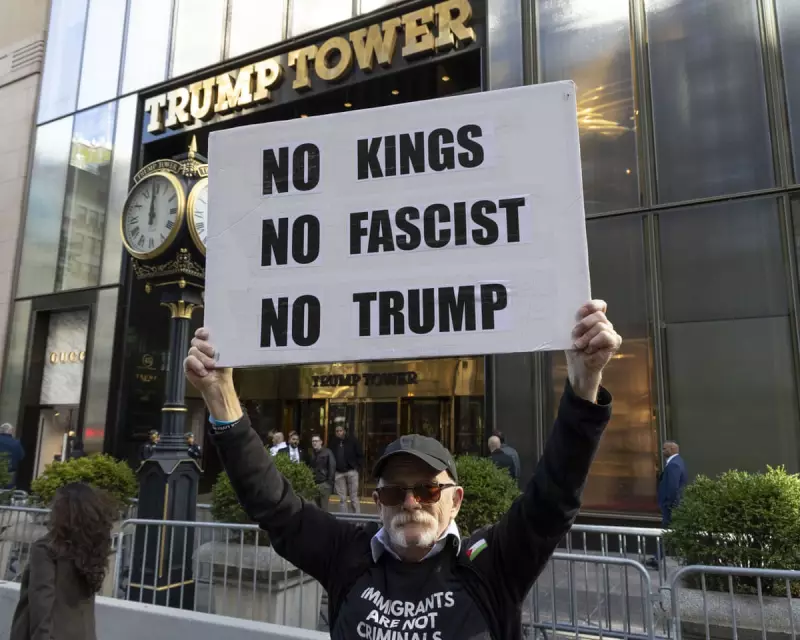
Britain stands at a constitutional crossroads as political instability and the spectre of far-right influence prompt serious questions about the nation's unwritten governance framework. Unlike most modern democracies, the UK relies on centuries of conventions, statutes and common law rather than a single codified document.
The Case for Constitutional Clarity
Proponents argue that a written constitution could provide crucial safeguards against democratic backsliding. "When political norms are tested, clear rules become essential," explains Professor Sarah Chen of Constitutional Studies at Oxford. "A written framework could protect fundamental rights from being eroded by temporary political majorities."
Supporters point to several key benefits:
- Clear limitations on government power preventing executive overreach
- Entrenched protection of human rights beyond simple parliamentary majorities
- Strengthened judicial independence with clear constitutional authority
- Transparent rules for political crises reducing uncertainty during turbulent times
The Traditionalist Perspective
However, traditionalists caution against radical change. "Our flexible system has seen us through wars, crises and enormous social change," notes Sir James Hawthorne, a constitutional historian. "The very adaptability that critics see as a weakness has often been our greatest strength."
Critics highlight several concerns:
- Judicial overreach could shift power from elected representatives to appointed judges
- Constitutional rigidity might prevent necessary adaptations to unforeseen circumstances
- Political divisiveness during the drafting process could exacerbate existing tensions
- Historical precedent shows Britain's system has weathered previous extremist challenges
A Nation Divided on Solutions
Recent polling reveals deep public ambivalence about constitutional reform. While many express concern about political extremism, there's little consensus on whether a written constitution represents the solution. The debate touches fundamental questions about British identity, parliamentary sovereignty and the nature of democracy itself.
"This isn't just about legal technicalities," observes Dr. Anya Sharma of the Democratic Reform Institute. "It's about how we define British democracy for the 21st century and what protections we want to build against future threats, whatever their political orientation."
As Britain navigates increasingly polarised political waters, the conversation about constitutional safeguards continues to gain urgency. Whether the nation will choose evolution or revolution in its governance structures remains one of the most pressing questions facing British democracy today.





